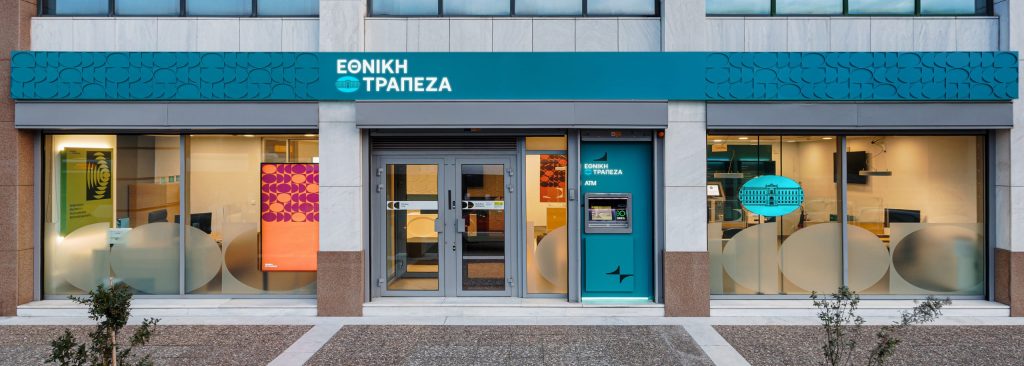Owners of short-term rental properties (Airbnb) in Greece are to face a new reality as the country’s Prime Minister, Kyriakos Mitsotakis, announced both restrictions and incentives to encourage a shift from short-term to long-term rentals, at the Thessaloniki Fair.
These targeted measures signal the government’s intention to put a stop to the uncontrollable expansion of Airbnb’s across the county while providing incentives to property owners to switch to more traditional long term-leases.
New Restrictions in Central Athens
Under the new framework, a “cap” on new Airbnb rentals will be enforced in three central districts of Athens for at least one year, with the possibility of expanding this ban to other areas if they show signs of “saturation.”
Specifically, new licenses for properties on short-term rental platforms will be frozen for a year in the entire center of Athens, covering areas such as Koukaki, Thissio, Petralona, Pangrati, and Neos Kosmos.
Tax Incentives for Long-Term Rentals
It is worth noting that property owners who choose to withdraw their properties from short-term rental platforms or open currently closed properties for long-term leasing will be exempt from rental income tax for three years.
Increased Climate Resilience Fee for Airbnb
Airbnb owners will also face an increase in the climate resilience fee. The fee will rise seasonally, from April to Oct., for hotels, accommodations, and rental properties via platforms.
Currently, the fee is up to 10 euros per night. The revenue collected will be returned to local communities to help them better organize their infrastructure and cope with the pressure they face each summer.
Airbnb Availability on the Rise
The availability of short-term rentals in Greece has steadily increased between 10-12% each month since the start of the 2024, with the total number of beds related to Airbnb-type properties reaching 961,837 in May 2024, according to a report by INSETE.




